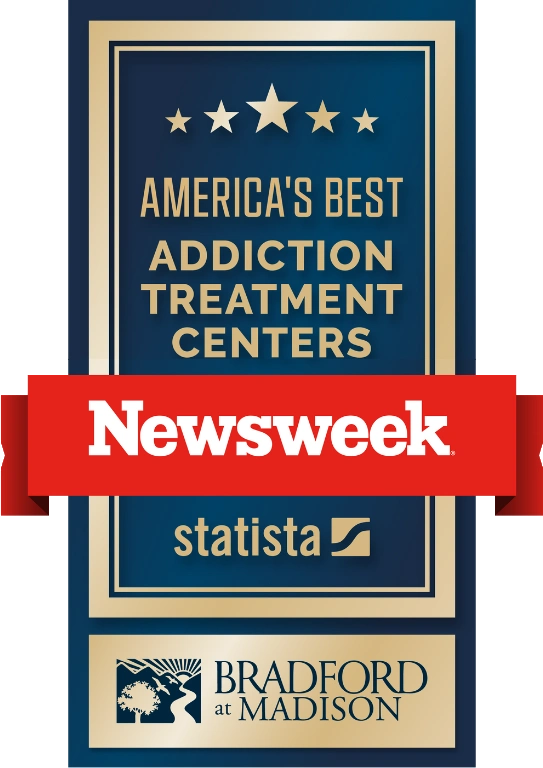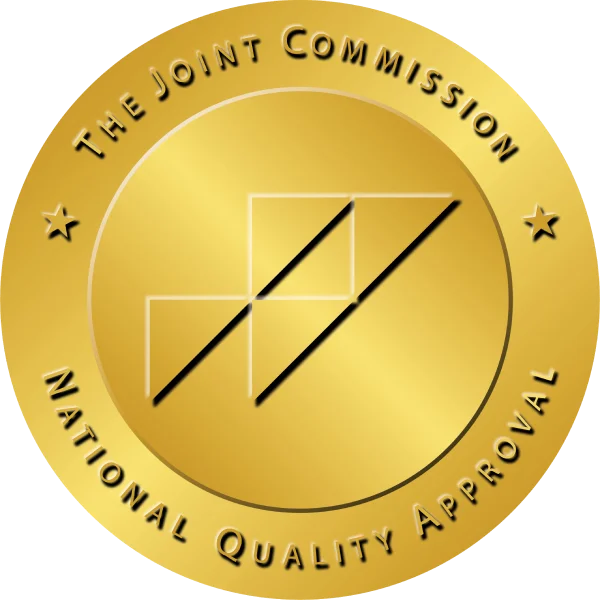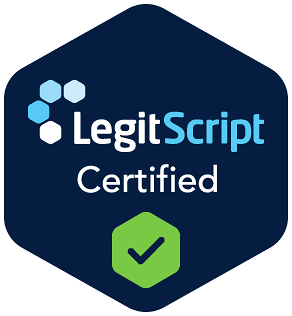Can You Take FMLA for Mental Health and Addiction Treatment?

Understanding Your Job Protection Rights When Seeking Rehab and Therapy
Deciding to get help for a substance use disorder is a brave first step. But it’s also a step that can come with a lot of questions and fears. You might be wondering, “Can I afford treatment?” or “What will my family think?”
On top of all that, you might be worried about your job. It’s a common concern we hear at Bradford at Madison: “Can you get fired for going to rehab?” The good news is that there are laws in place to protect you.
The Family and Medical Leave Act (FMLA) is one of them. This article will help you understand your rights and how you can use FMLA to get the help you need without risking your job. And remember, the compassionate team at Bradford at Madison is here to support you every step of the way.
What Exactly is the Family and Medical Leave Act? (FMLA)?
The Family and Medical Leave Act of 1993, or FMLA, is a federal law that allows eligible employees to take unpaid, job-protected leave for specific family and medical reasons. Think of it as a safety net that lets you take time off to deal with serious health conditions without the fear of losing your job. This can include everything from caring for a newborn to recovering from a major surgery.
And yes, it can also include seeking treatment for a substance use disorder. Here are the key things to know about FMLA:
- You can take up to 12 weeks of unpaid leave in a 12-month period.
- Your health insurance coverage will continue during your leave.
- When you return, your employer must give you back your original job or an equivalent one with the same pay and benefits.
Can You Use FMLA for Addiction Treatment?
Yes, you absolutely can use FMLA for addiction treatment. Substance use disorder is considered a serious health condition, which means it’s covered under FMLA. This also includes seeking help for mental health conditions that often accompany addiction.
So if you’re wondering, “Can you take FMLA for mental health?” the answer is yes. Many people who struggle with addiction also experience depression, and it’s important to know that is depression covered under FMLA—it is. FMLA can be used for therapy and other mental health services.
At Bradford at Madison, we treat the whole person, not just the addiction. It’s important to understand that FMLA leave is for legitimate treatment from a healthcare provider. You can’t use it to cover for being under the influence at work, but you can use it to attend a program at a facility like Bradford at Madison.
Can You Get FMLA for Mental Health?
Absolutely. Is mental health covered under FMLA? Yes, it is. Mental health conditions like depression, anxiety, and PTSD are considered serious health conditions under FMLA.
This means you can use FMLA for therapy, counseling, or inpatient mental health treatment. Using FMLA for mental health is just as valid as using it for physical health issues. At Bradford at Madison, we understand that mental health and addiction often go hand in hand, and we’re here to help you address both.
Is Everyone Eligible for FMLA?
FMLA doesn’t apply to every employee or every company. To be eligible, you must meet the following criteria:
- You must have worked for your employer for at least 12 months.
- You must have worked at least 1,250 hours in the past 12 months.
- Your employer must have at least 50 employees within a 75-mile radius.
If you’re not sure if you’re eligible, the U.S. Department of Labor has a helpful website with more information. You can also call us at Bradford at Madison, and we can help you figure it out.
Can You Get Fired for Going to Rehab?
This is a big question for many people. The short answer is no, your employer cannot fire you for taking FMLA-protected leave to go to rehab. However, it’s a little more complicated than that.
While FMLA protects you from being fired for seeking treatment, it doesn’t protect you from the consequences of violating your company’s drug and alcohol policy. Can a job fire you for going to rehab? Not if you’re using FMLA properly and haven’t violated company policies.
This is why it’s so important to be proactive. If you’re struggling with a substance use disorder, it’s always better to approach your employer and let them know you’re seeking help before you fail a drug test or your work performance suffers. Many employers are supportive of employees who take the initiative to get better.
At Bradford at Madison, we can help you figure out the best way to have this conversation with your employer. We understand how stressful this situation can be, and we’re here to support you.
Does Rehab Go On Your Medical Record?
Your privacy is protected by a federal law called the Health Insurance Portability and Accountability Act (HIPAA). This means that your treatment at Bradford at Madison is confidential. We can’t share your medical information with anyone, including your employer, without your written consent.
So, while your treatment will be part of your medical record, it’s protected information. Your employer won’t have access to it unless you choose to share it.
What Happens if You Leave Rehab Against Medical Advice?
Leaving rehab early can have serious consequences. Not only can it jeopardize your recovery, but it can also affect your insurance coverage. Many insurance companies will not cover the cost of treatment if you leave against medical advice.
It’s always best to complete your treatment program to give yourself the best chance at a successful recovery. The team at Bradford at Madison is committed to helping you through the entire process, from start to finish.
How to Use FMLA for Mental Health and Acction Treatment
Using FMLA for addiction or mental health treatment is straightforward. First, talk to your employer’s human resources department about your need for leave. You’ll need to provide documentation from a healthcare provider that confirms you need treatment.
At Bradford at Madison, we can provide the necessary documentation to support your FMLA request. We’ll work with you to make the process as smooth as possible. Remember, you have the right to take this time for your health.
Your Recovery Is Our Priority at Bradford at Madison
Taking the first step toward recovery can be scary, but you don’t have to do it alone. At Bradford at Madison, we’re here to help you through the entire process, from understanding your FMLA rights to creating a personalized treatment plan that works for you. Your health and well-being are too important to wait.
Don’t let fear hold you back any longer. Call us now at 256-548-9389 to speak with one of our caring and compassionate team members. We’re available 24/7 to answer your questions and help you start your journey to a better life. Your future is waiting—call Bradford at Madison today.



